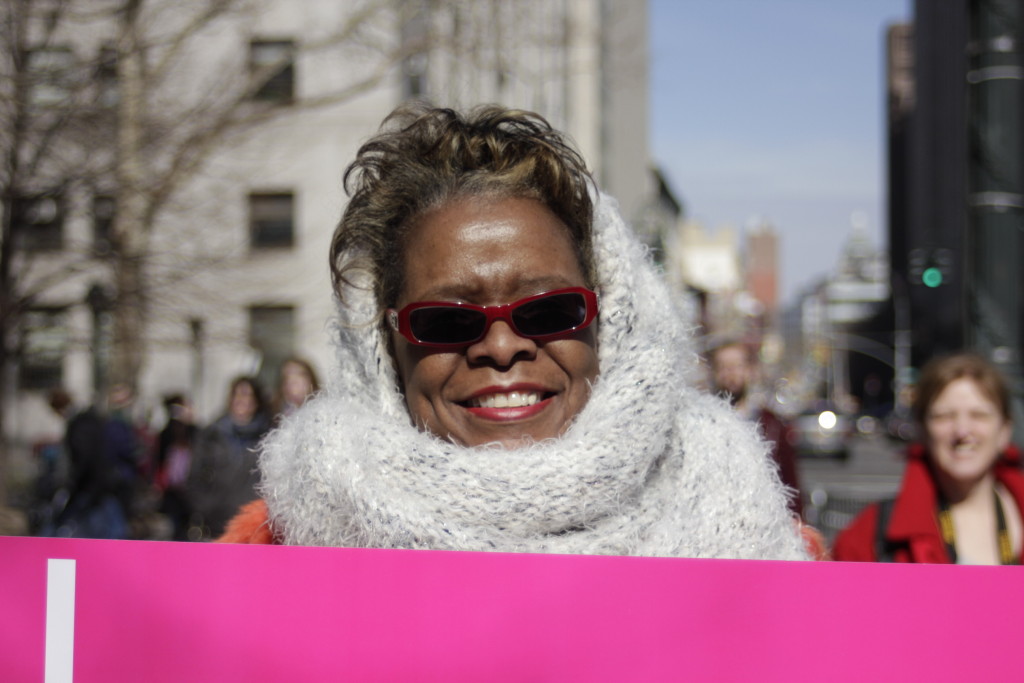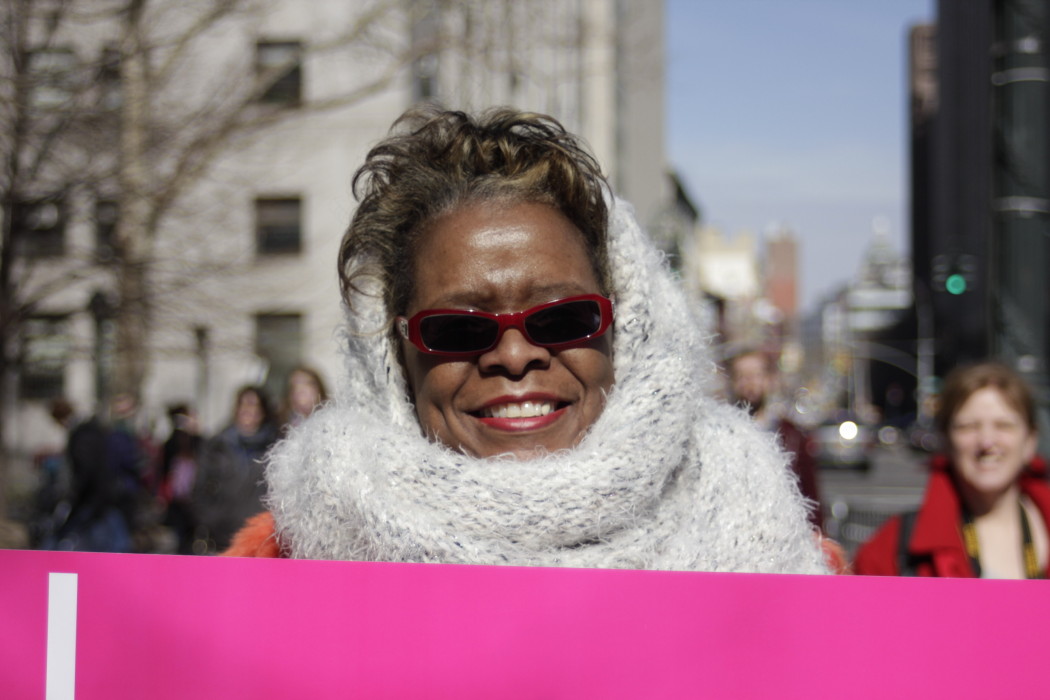>> I would have loved to be a fly on the wall in August, 1993, when Jesse Helms (R-NC) — AKA “Senator No” — was on a senate elevator and met Carol Mosley Braun (D-IL), the first black woman elected to the U.S. Senate,.
I would have loved to be a fly on the wall in August, 1993, when Jesse Helms (R-NC) — AKA “Senator No” — was on a senate elevator and met Carol Mosley Braun (D-IL), the first black woman elected to the U.S. Senate,.
The story goes that Helms began singing “ >>Dixie ,” and announced, “I’m going to sing ‘Dixie’ until you cry.” Mosley Braun reputedly replied, “Senator Helms, your singing would make me cry if you sang ‘Rock of Ages.’”
The story of NC politicians and black women has shifted at least a little since that day.
- Senators Helms and Mosley Braun met the same year that North Carolina first elected a black woman to Congress. Rep. Eva Clayton served five terms in the U.S. House of Representatives. She was the first African-American to represent North Carolina in Congress since 1898.
- Two years ago, Rep. Alma Adams (D-NC) became the second black woman to represent North Carolina. Her election marked the first time ever that 100 women served simultaneously in Congress.
- Black women are a powerful voting bloc. In both 2008 and 2012, turnout among black women in North Carolina was higher than for any other demographic group; more than 75% of black women who were registered to vote voted.
- Despite the challenges that go along with being both a woman and a person of color, black women have outpaced both black men and white women in increasing their representation in Congress over the past 20 years.
- The intersection of prejudices against women and people of color can sometimes work to the advantage of black women running for office. The Higher Heights Leadership Fund points out that black women candidates are able to draw support from multiple communities, championing issues of concern to both women and black people.
- When black women run, they are more likely to win. Almost two-thirds of black women who ran for the House of Representatives between 2000-14 won, compared with less than half of white women.
- Greensboro native and now-Attorney General Loretta Lynch, is one of only seven African-American women to have served in presidential cabinets.
- North Carolina is #8 in the nation in the number of African-American women serving in the state legislature. Twelve black women serve in the General Assembly today, following in the footsteps of Annie Brown Kennedy, the first black woman elected to the NC House in 1979.
It’s not only in elected office where black women are leading the fight for social change. The movement #BlackLivesMatter was launched by three black women in 2012. And who can forget the sight of Bree Newsome scaling the flagpole outside the South Carolina Capitol to take down the Confederate flag?
For more details about the challenges – and the power – of black women in US politics, check out this >>report from the Higher Heights Leadership Fund.

There are no comments
Add yours